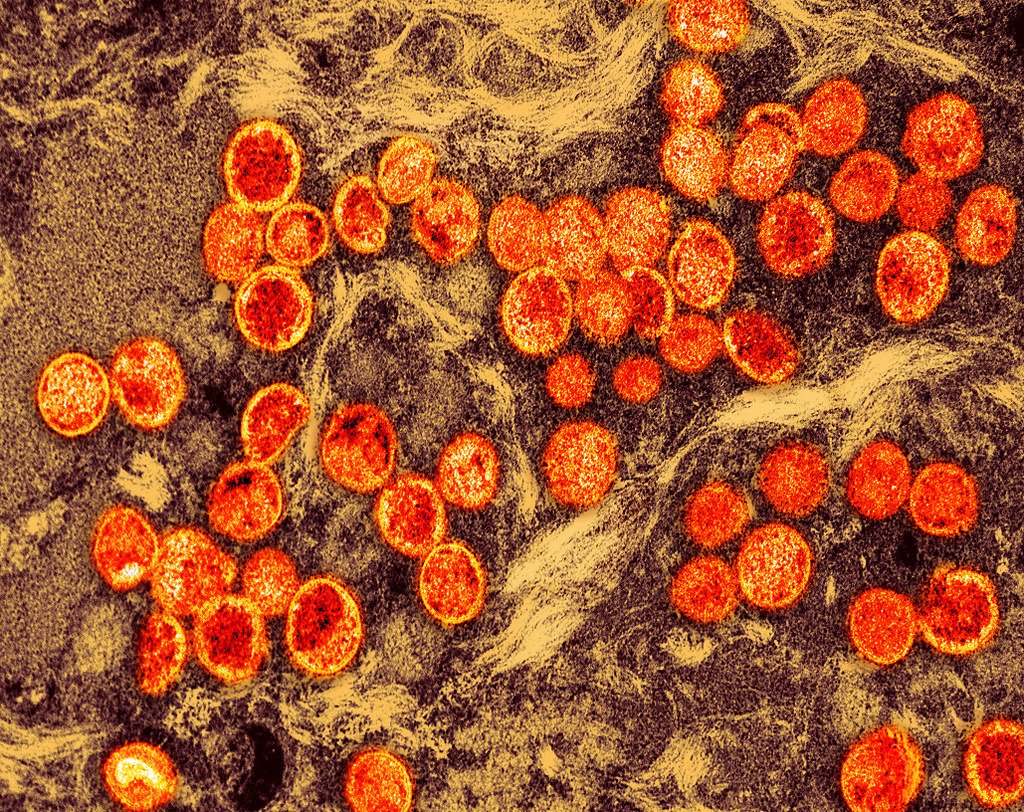What to Know About Monkeypox and How to Report on It Responsibly

Summer outbreaks of the monkeypox virus, a variation on the smallpox virus that devastated the world for centuries, led to the World Health Organization (WHO) declaration of “a public health emergency of international concern” in July. This declaration prompted bad actors to spread rampant misinformation about monkeypox, which included describing it as a “gay disease” and making false claims about how the virus could be transmitted between humans.
Additionally, concerns swirled about whether the world was about to—or even ready to—face a disease as disastrous in scope as COVID-19, which has ravaged the globe since early 2020 and has claimed and upended millions of lives. False information tends to spread even further once people panic.
Our job as journalists is to report responsibility. Here’s what you need to know.
WHAT IS MONKEYPOX?
Monkeypox is a zoonotic disease (meaning the disease originated in animals) that has been present in humans since at least the 1970s in south-central Africa. The disease causes painful lesions (the titular “pox”), fever, chills, swollen lymph nodes, muscle pain, and fatigue.
HOW IS MONKEYPOX TRANSMITTED?
Despite the outbreaks in the summer being largely centered in groups of queer men, leading to misinformation about who can contract the virus, monkeypox is not known to be a sexually transmitted infection. The virus can be transmitted via contact with either infected persons, animals or contaminated surfaces and items; and can survive for long periods of time outside of the body, meaning respiratory droplets and bedsheets and even doorknobs are potential vectors of transmission.
HOW DOES MONKEYPOX SPREAD COMPARED TO COVID-19?
COVID-19 was able to infect hosts and spread through their respiratory aerosols undetected. Meanwhile, monkeypox does not begin to spread until around 12 days after exposure, meaning doctors are able to vaccinate exposed patients within five days of exposure.
HOW CAN IT BE TREATED?
There is a vaccine available against monkeypox that the Centers for Disease Control and Prevention (CDC) recommends to prevent the disease. Also, anyone inoculated against smallpox has a built in layer of protection: smallpox vaccines have an 85 percent efficacy rate against monkeypox infection.
BEST PRACTICES TO KEEP IN MIND FOR RESPONSIBLE REPORTING
Avoid association of the virus with any ethnic, national, or religious groups as well as association of the virus with only queer men. Treatment options and resources for your state are important to include in a piece, as well as contact information for people experiencing symptoms or who are worried they may have been exposed.
Public health is a public matter, and therefore, making the public’s connection to resources as accessible as possible is the duty of the journalist here. Avoiding traps of prejudice and of misrepresentation of information can be hard when so much is out there, but sifting for the truth is always our most important goal.
